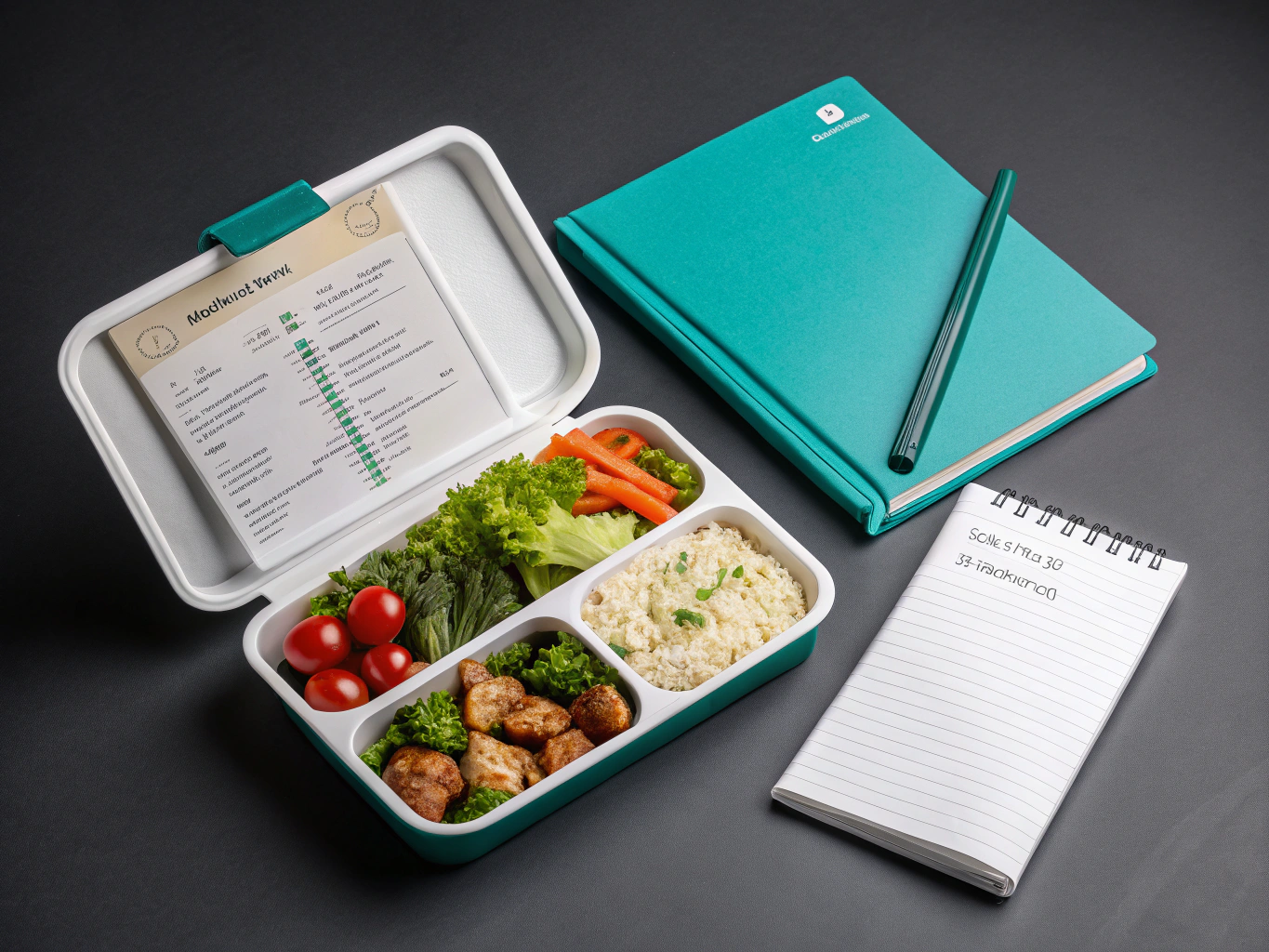Understanding Low FODMAP Meal Delivery: A Game Changer for Digestive Health
Imagine a world where managing dietary restrictions doesn’t feel like navigating a minefield. Enter low FODMAP meal delivery. This approach isn’t just about convenience; it’s about transforming how people with sensitive digestive systems can enjoy flavorful, balanced meals without the constant worry of flare-ups. For entrepreneurs and marketers tuning into this space, understanding the nuances of this service reveals a shift towards more personalized, health-centric offerings that are reshaping consumer expectations.
What Is Low FODMAP and Why Does It Matter?
The Science Behind the Simplicity
FODMAPs are a group of fermentable carbohydrates found in many common foods—think onions, garlic, wheat, some dairy, and certain fruits. For individuals with irritable bowel syndrome (IBS) or other digestive sensitivities, consuming high-FODMAP foods can trigger symptoms like bloating, gas, diarrhea, and abdominal pain. The low FODMAP diet, developed by dietitians at Monash University, aims to minimize these triggers, offering relief and improved quality of life.
From Restriction to Liberation
The challenge, however, lies in maintaining this diet without feeling deprived or constantly measuring every bite. That’s where meal delivery services specializing in low FODMAP options step in, offering a curated menu that takes the guesswork out of eating well. They provide a lifeline for those who want to enjoy diverse, satisfying meals without the risk of unintended flare-ups.
Why Meal Delivery Matters in the Low FODMAP Space
Convenience Meets Customization
Traditional dieting — especially restrictive ones like low FODMAP — often require meticulous planning, shopping, and cooking. It’s a lot to ask, especially for busy individuals juggling work, family, and health. Meal delivery services bridge this gap by providing ready-made, portion-controlled meals crafted specifically to adhere to low FODMAP principles. This not only saves time but also reduces the mental load of meal prep, making dietary adherence more sustainable.
Ensuring Nutritional Balance
One misconception is that restrictive diets lack variety or flavor. But curated low FODMAP meals prove otherwise. They are thoughtfully balanced, incorporating diverse ingredients and flavors—think grilled meats, roasted vegetables, and carefully paired grains—so consumers don’t feel like they’re missing out. For entrepreneurs, this underscores a critical point: consumer desire isn’t just about restriction, but about enjoying food that energizes and satisfies.
Transformative Impact on Consumer Experience
Empowering Autonomy and Confidence
For many, managing a low FODMAP diet can feel like walking a tightrope. Meal delivery services act as a safety net, empowering individuals to regain confidence in their eating choices. This sense of control—knowing that what they’re consuming aligns with their health needs—can be transformative. It’s a shift from reactive to proactive health management, facilitated by thoughtful service design.
Building Trust and Loyalty
In a marketplace flooded with options, authenticity matters. Companies that communicate transparency about ingredient sourcing, preparation methods, and nutritional info foster trust. This trust, in turn, nurtures loyalty—an essential currency for subscription-based models and ongoing customer engagement. For entrepreneurs, it’s a reminder that delivering genuine value creates lasting relationships.
Actionable Takeaways for Marketers and Entrepreneurs
- Focus on Education: Clarify misconceptions about low FODMAP diets and highlight how your offerings simplify adherence without sacrificing flavor or variety.
- Prioritize Transparency: Share ingredient sourcing, preparation practices, and nutritional info openly to build trust.
- Leverage Personalization: Use data and customer feedback to tailor meal plans, making each experience feel uniquely suited to individual needs.
- Emphasize Convenience: Highlight time-saving benefits and stress-free meal planning, especially for busy professionals and health-conscious consumers.
- Build Community: Create platforms for sharing experiences, tips, and success stories to foster a sense of belonging among your audience.
As more people seek out options that respect their health needs without sacrificing enjoyment, low FODMAP meal delivery isn’t just a niche—it’s a window into the future of personalized, health-oriented food services. For entrepreneurs, understanding this space means recognizing an opportunity to innovate around trust, convenience, and genuine care. Because at the end of the day, food isn’t just fuel—it’s about connection, confidence, and reclaiming joy at the table.
Checkout ProductScope AI’s Studio (and get 200 free studio credits)

